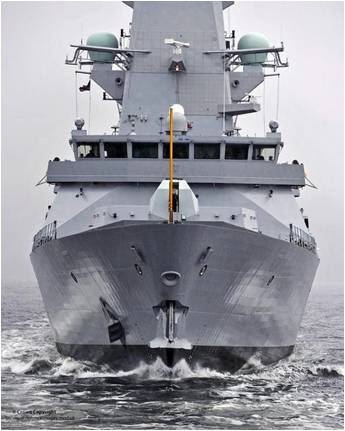Challenge: The Royal Navy (RN) Engineer Branch Strategy recognised that “engineering is a fundamental enabler of Naval Capability” and outlined how the Engineering Branch will enable the Future Navy Vision (2025). This project supported that strategy and formed the basis for future potential work strands via the categorisation of career stage one job roles across the five Engineer Pillars (Operational Engineering, Engineering Support, Acquisition, Doctrine and Policy, and People) linked to future capability and the production of a Competence Framework for the five engineering sub–specialisations.
Solution: The RN Engineering Branch posts were extracted from the Joint Personnel Administration system and a set of ‘Principal Unit Roles’ were created to support the categorisation of the Engineering Officer posts. A mapping exercise was then undertaken to map the Engineer Officer posts to both the Engineer Pillars and the Career Fields in the New Employment Model (NEM). Using the ‘Principal Unit Roles’ as a basis, through extensive research of doctrine / publications, terms of reference, interviews and focus groups, top level core tasks were identified to create a Competence Framework for the sub–specialisation Branches of the RN Engineering Branch.
Results: A Competence Framework was produced to identify the knowledge, skills and standards required of 1243 RN Engineering Branch junior to middle management officer posts. It will form the foundation for future work to align with industry and wider Defence engineering frameworks to develop RN Engineer career management and training requirements.
Feedback: Feedback from the customer highlighted the ‘professional approach’ undertaken by Waves which was then demonstrated in the ‘quality of the output’. They particularly liked the how Waves’ flexible and adaptable approach took an ambiguous requirement and turned it in to a worthwhile and value for money product.

